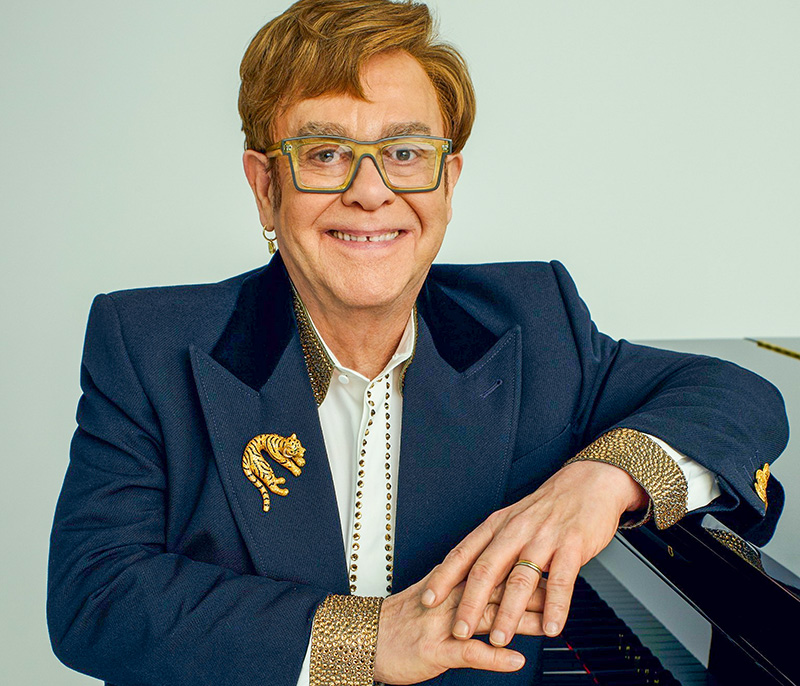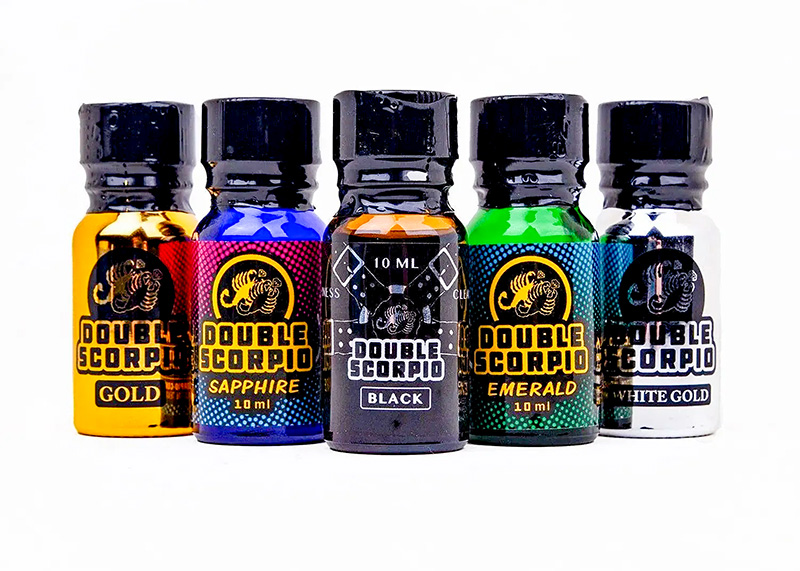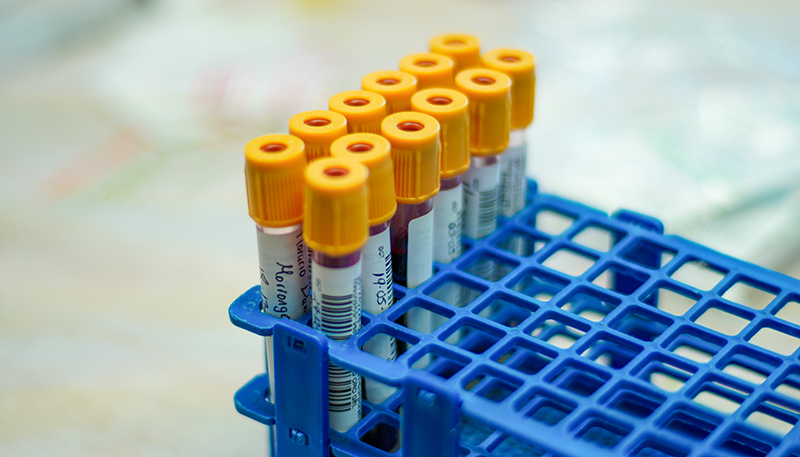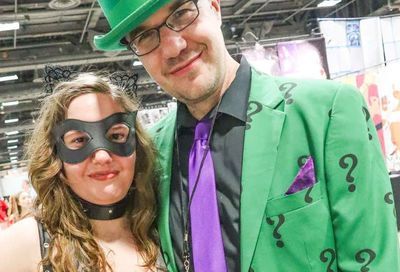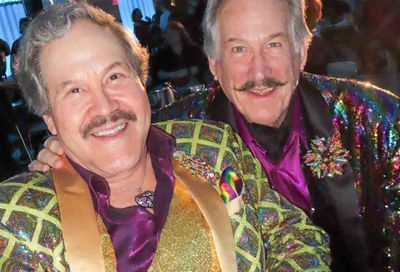Gloves Come Off
Community delivers blunt commentary at HIV/AIDS meeting
Silence filled the auditorium at the University of the District of Columbia Monday evening as about 200 attendees and a panel of speakers waited and looked around for D.C. Mayor Adrian M. Fenty to say something, anything, about HIV/AIDS.
”Go ahead Mayor Fenty,” Matthew Kavanagh, an audience participant representing DC Fights Back, said loudly into a microphone.
But Fenty was not at the Sept. 21 HIV/AIDS community discussion called by the White House Office of National AIDS Policy, and Kavanagh asked for 30 seconds of silence to emphasize his absence.
”I am tired of waiting for the plan in Washington, D.C., that’s going to be at least as robust as the plan in Zambia,” he said.
”I am tired of the fact that the mayor isn’t here,” he said, receiving the night’s loudest cheers from the audience. ”I’m tired of the fact that the mayor, if this room were full of developers, would be sitting in the front row … and there would be an emergency plan.”
Christopher Dyer, director of the Mayor’s Office of LGBT Affairs, explained the next day, however, that Dr. Shannon Hader of the D.C. Department of Health HIV/AIDS Services was sent to represent the mayor and the administration at the event.
Before Jeffrey Crowley of the Office of National AIDS Policy opened the floor to the audience and moderator Wallace Corbett of D.C.’s Ryan White Planning Council, Hader and others spoke to the audience.
The meeting, the second in a series of 14 around the country, was called for as a discussion about President Barack Obama’s plan of developing and implementing a National HIV/AIDS Strategy (NHAS) and the audience was asked to express suggestions, questions and concerns.
”I am here to listen and to be one of the many voices in D.C.,” Hader said.
Congresswoman Eleanor Holmes Norton (D-D.C.), also made an appearance and talked about the history of HIV/AIDS and the importance of needle-exchange programs, though she did not stay to hear the audience speak.
Audience participants included Matt Bamford, Mr. Capital Pride Leather 2009 and a spokesperson for DC ToolKit, a program developed by members of The Center’s HIV Working Group, which provides safer-sex kits throughout D.C.
”I don’t come before you with a plethora of information. I come before you with a question: What will Obama’s administration … do for our community when we have no funding?” he asked. The Center, the local GLBT community center, lost city funding in recent budget cuts.
David Phillips, of Prince George’s County, said it’s time for ”frank, adequate and explicit” HIV education.
”I’m not a ‘MSM’,” he said, referring to the acronym for “men who have sex with men,” a clinical category.
”I’m a gay man. I want to suck cock. I want to fuck another man. Tell it to me that way. … Before we call for testing on a massive scale in any community, there need to be the resources to support people and connect them to the education to sustain their lives and keep them healthy.”
Bradley Hill, vice president of Brother Help Thyself, asked for more than one-time grants to grassroots organizations.
”I wanted to thank you for your one-time grant,” he said. ”It’s cute. And if it’s all you have for us, we will take it.
“But it’s not what we need. What we need is a self-sustaining system for distributing condoms and safe-sex kits. We need a long-term contract with the condom manufacturers and the United States government to distribute safe-sex kits in every bar and every liquor store in the District of Columbia.”
Melanie Reese, of Baltimore, spoke about the importance of age-appropriate HIV/AIDS education in reducing the number of infections, and how the virus does not discriminate.
”I was a 40-year-old divorced woman, violently raped by a blind date,” she said. ”HIV can happen to anyone and education is the way to reduce HIV incidence.”
For more information about the White House Office of National AIDS Policy, visit www.whitehouse.gov/administration/eop/onap/.
Support Metro Weekly’s Journalism
These are challenging times for news organizations. And yet it’s crucial we stay active and provide vital resources and information to both our local readers and the world. So won’t you please take a moment and consider supporting Metro Weekly with a membership? For as little as $5 a month, you can help ensure Metro Weekly magazine and MetroWeekly.com remain free, viable resources as we provide the best, most diverse, culturally-resonant LGBTQ coverage in both the D.C. region and around the world. Memberships come with exclusive perks and discounts, your own personal digital delivery of each week’s magazine (and an archive), access to our Member's Lounge when it launches this fall, and exclusive members-only items like Metro Weekly Membership Mugs and Tote Bags! Check out all our membership levels here and please join us today!



